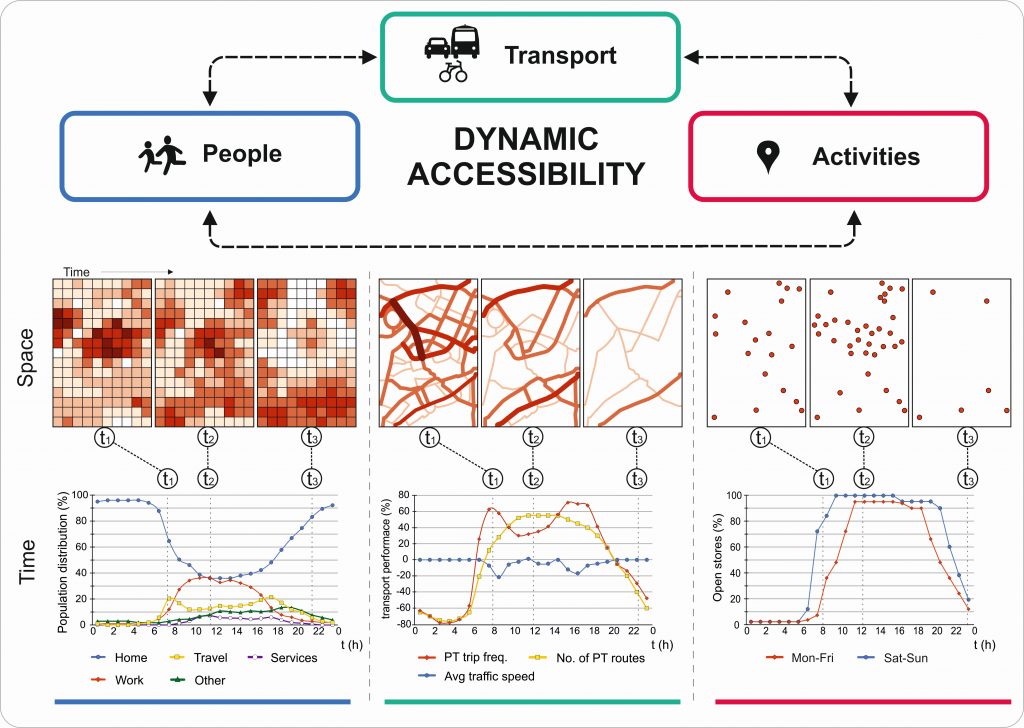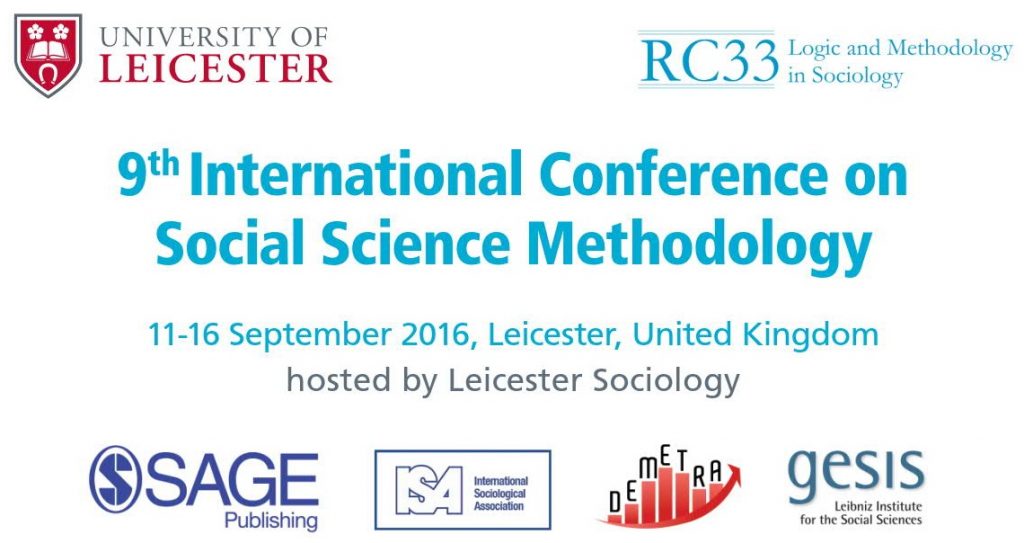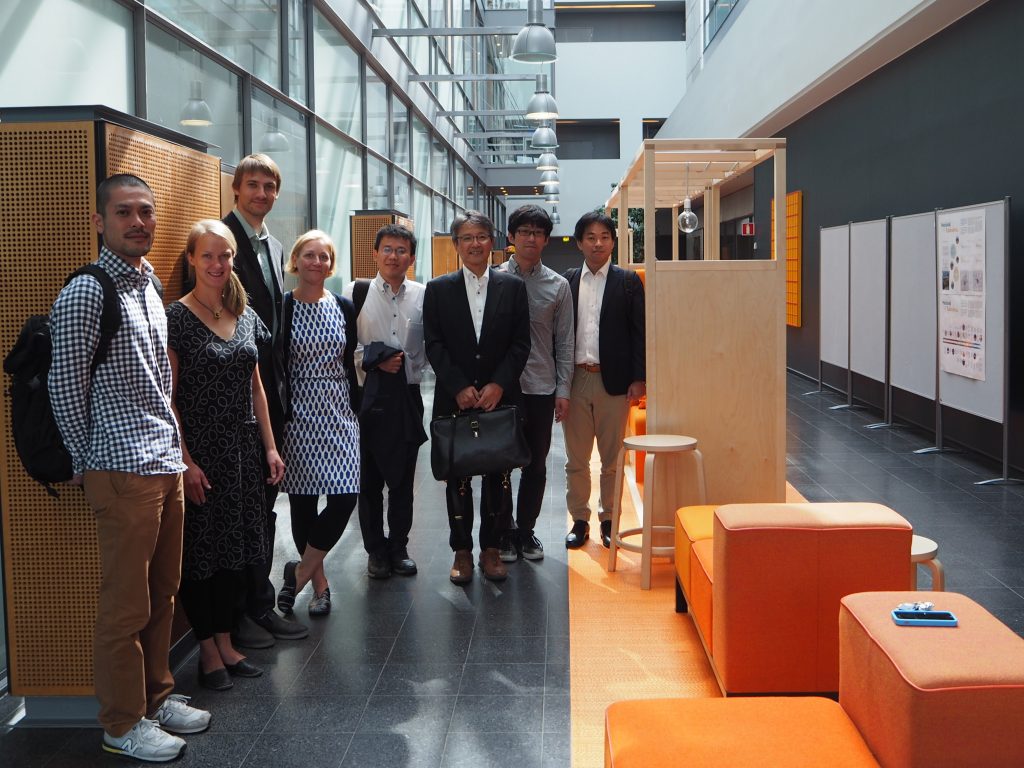Digital Geography Lab organizes a session at the Annual Meeting of Finnish Geographers 2018: Cross-Border Dialogues & Finland: Human Mobilities, Social Interactions & Transnationalism.
Send your abstract to our session by September 23 or just come to see interesting presentations!
Session description:
Session chairs: Olle Järv, Kerli Müürisepp & Tuuli Toivonen (Digital Geography Lab, University of Helsinki)
In the EU “borderless world”, cross-border interactions and integration are regarded as key drivers towards socially and economically more cohesive territorial development and well-functioning societies. Increasing human mobilities and socio-spatial interactions transcending state borders have a role in forming many societal phenomena such as new functional cross-border regions, transnational people and transnationalism, at large. These developments have further implications on societies in relation to integration processes, identity formation, social (in)equalities, governmentality, planning and security, among many others.
Cross-border interactions between Finland and its neighbouring countries follow the overall trend. For instance, while tens of thousands of people have their daily lives already connected to both Finland and Estonia, stakeholders advance the Helsinki-Tallinn twin-city concept by planning and executing new strategic infrastructure projects to better connect the countries. As cross-border mobility flows grow, a more comprehensive understanding about complex socio-spatial practices beyond state borders and its consecutive impacts on societies is needed. In addition to conventional approaches, the application of novel (big) data sources allows to develop new theoretical concepts and methodologies to provide valuable insights for given research.
The session aims to present and discuss theoretical, methodological and empirical research on cross-border mobilities and interactions, transnationalism, and implications on societies it involves. A concentrated discussion is facilitated at the end of the session.
The topics we welcome include, but are not limited to:
- cross-border human mobility (daily, leisure, migration);
- social and spatial interactions of people from the neighbouring countries in Finland;
- transnational people and transnationalism;
- inequality and segregation;
- social engagement and integration;
- applications of novel (big) data sources and new methodologies;
- functional cross-border regions/transnational spaces;
- Estonians and Russians in Finland.
All sessions descriptions at the 2018 Meeting can be found here



